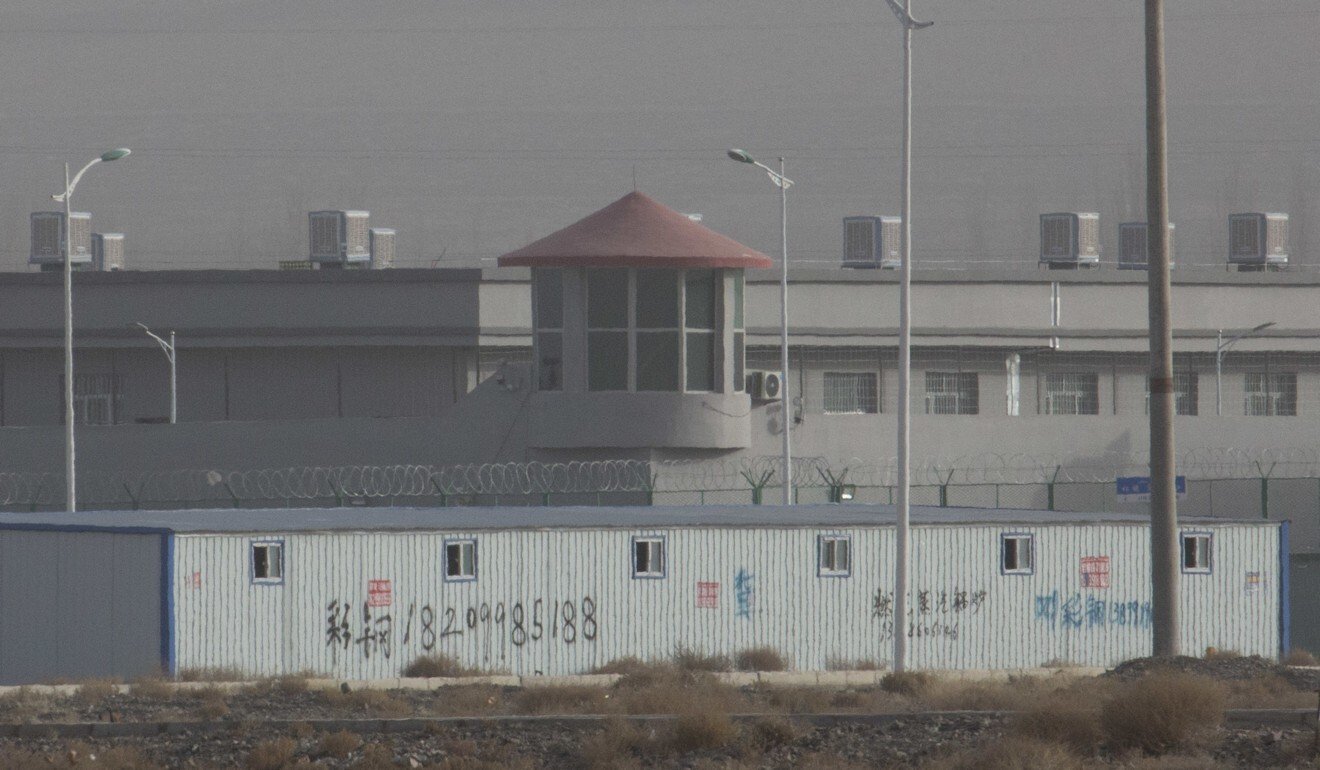
Alibaba says Uygur-tracking facial recognition violates company values, removes software
- Alibaba Cloud advertised software on its website that could detect Uygurs and other ethnic minorities in videos and photos, according to industry media
- Alibaba said it does not permit technology that identifies specific ethnic groups and removed references to Uygurs
After withdrawing highly criticised software that could be used to identify Uygurs and other ethnic minorities on Thursday, Alibaba Group Holding denied fresh rumours on Friday that it was under investigation for an unrelated matter.
The company first came under scrutiny this week when it was discovered that its cloud computing business was promoting facial recognition software that could identify people by ethnicity.
“Racial or ethnic discrimination or profiling in any form violates Alibaba’s policies and values,” the company said in a statement on Thursday. “We are dismayed to learn that Alibaba Cloud developed a facial recognition technology in a testing environment that included ethnicity as an algorithm attribute for tagging video imagery.”
“We do not and will not permit our technology to be used to target or identify specific ethnic groups,” the company added. Alibaba is the parent company of the South China Morning Post . The company declined to comment further for this story.
Also on Thursday, new rumours emerged from a Radio Free Asia report alleging the company was being investigated by China’s central government. Alibaba denied the allegation, saying it has benefited from government supervision, which it credits with helping the company’s “healthy development”.
The facial recognition controversy was kicked off by reports on Wednesday. According to web pages discovered by surveillance industry publication IPVM, and reported by The New York Times, Alibaba Cloud advertised software features on its official website that could help online platforms single out the faces of minorities as part of its “content security” service. The feature is a part of Alibaba’s Cloud Shield solution, which “detects and recognises text, pictures, videos, and voices containing pornography, politics, violent terrorism, advertisements and spam,” according to the materials published by IPVM.
Help documentation and sample code specifically mentioned the ability to identify Uygurs, the documents show. The feature was not mentioned on Alibaba Cloud‘s English or global websites, according to IPVM. Alibaba Cloud has since removed mentions of Uygurs and minority detection on its Chinese website, IPVM and The New York Times reported.

The revelations about Alibaba Cloud risk turning the world’s largest e-commerce company into a target for the US, which has already blacklisted Chinese firms over related technology.
Chinese surveillance giant’s software could have identified Uygurs
In October 2019, the US blacklisted multiple Chinese AI firms thought to be involved with “high-technology surveillance against Uygurs, Kazakhs, and other members of Muslim minority groups” in Xinjiang. These included Hikvision, the largest surveillance equipment maker in the world, as well as artificial intelligence firms SenseTime, Yitu and Alibaba-backed Megvii, all of which offer facial recognition products.
Earlier this month, IPVM also uncovered a document showing that Huawei Technologies and Megvii tested facial recognition software singling out Uygurs for police video surveillance. The companies confirmed to The Washington Post last week that the document was real, but they said that the software was only a test and was not used in real world applications.

